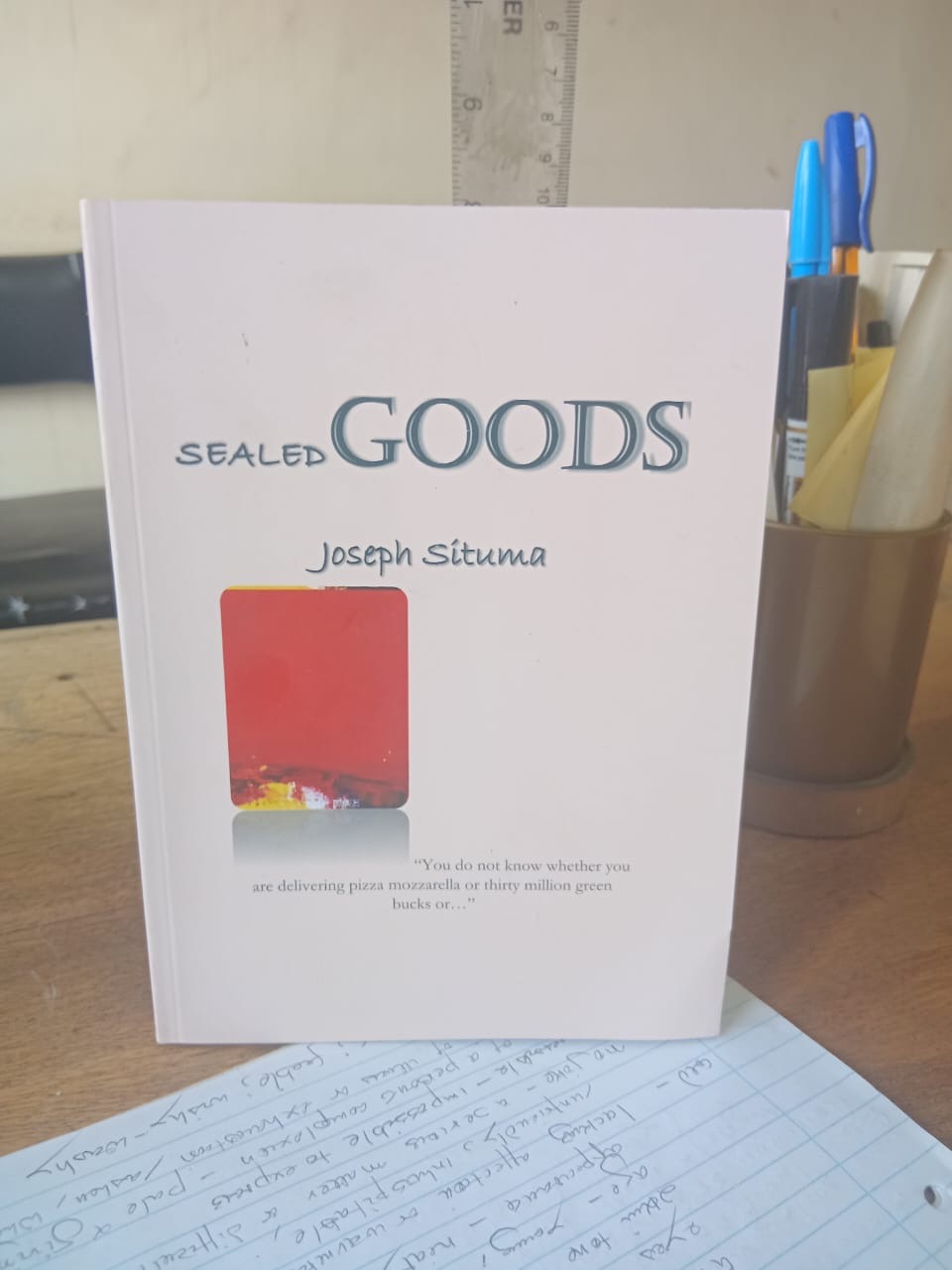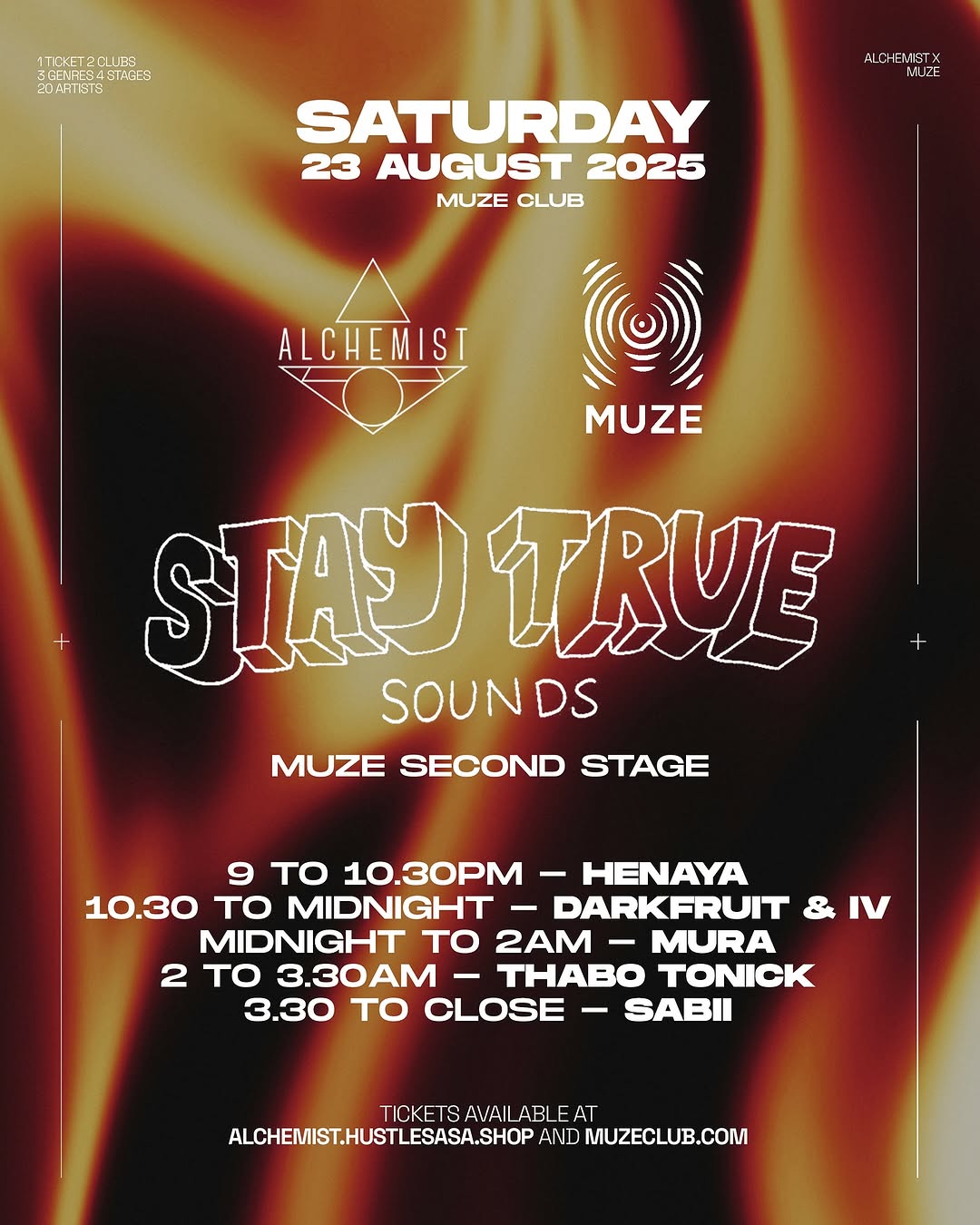Review of Sealed Goods by Joseph Situma
Sealed Goods is a tale of what happens to a society that has thrown moral values out of the window and embraced evil. The title itself denotes the danger of obscurity which symbolizes lack of transparency that spawns all sorts of vices in the society – any activity that operates within the realms of opaqueness is bound to be shrouded in misdeeds – the fact that Masika transports goods that he knows nothing about is a red flag.
The main character (Masika) abandons education in search of elusive success that eventually leads him to fall into the hands of bad people. Masika should have advanced his education before setting off to the city to seek greener pastures. Instead, his recklessness becomes a double tragedy when he impregnates Naomi thereby dashing her hopes of finishing her education and hence making the couple to struggle for survival in an unforgiving urban setting.
Poverty, as demonstrated in the story, can tempt people to make wrong choices based on ignorance and lack of exposure. It is poverty that drives Masika to embrace dubious characters who visit his kiosk and dupe him to be enlisted into a nefarious scheme that ends up destroying his family.
This story foregrounds the dangers of drug and human trafficking. In a sense, these nefarious practices are aided by authorities who collude with bad characters to destroy families. Maxwell’s extensive evil empire enjoys protection from senior government officials hence making it possible for him to operate unhindered by the authorities who should be responsible for securing the security of citizens.

The degeneration of the society is further projected by the moral decadence that ensues when the drug lord impregnates his own niece and then implicates his employee (Masika) to take the blame. Moral licentiousness is further illuminated by the many women characters who form Maxwell’s prostitution ring and how they are used to further his evil ends. Maxwell’s killing of his employees without censure is symptomatic of a society that tolerates impunity. It also demonstrates the vulnerability of working for dubious characters who do not pass muster when it comes to moral probity.
The characters are well developed though some of them, like the Muslim woman who is a neighbor to Masika could have been developed further. It would have been more interesting for readers to know what she does for a living and how she is able to get intimate details of the people who end up messing up Masika’s marital life. Masika’s escape from the training ground could also have been expounded. For example, what happens to the fellow who took him in to be trained? Suffice to say though, that omission also serves to enhance the suspense that is created when readers are left to wonder what became of the training and what happened thereafter.
The story also reveals some of the traditional beliefs that are being overtaken by modernity. For example, Masika’s parents believe that a male child is more valuable than a female one which raises the question of less importance attached to gender equity by the society where the story is set. The author is sending a strong message to stereotypes that negate the gender equality principle; even though his father is pressuring Masikato sire another son, his first born child, a boy, continuouslyperforms poorly in class while his younger sister excels and this endears her to her father to the chagrin of her mother Naomi, who due to postpartum stress, morbidly hates her own daughter and is so attached to her first born son.
The author’s descriptive skills are top notch and his intricate plot is convincing. He brings out the intricate patterns that engender the evil empire of drug dealing and prostitution with gripping narratives and depictions that makes the story to come alive. The author is one of the three Kenyan writers that I have read in recent times, who have given this thematic concern (drug and human trafficking), the weight it deserves.
The author is a seasoned writer who has five other novels under his belt. He also teaches philosophy at the University of Nairobi. Copies of the book are available from the author and at Nuria bookstore along Moi Avenue.















